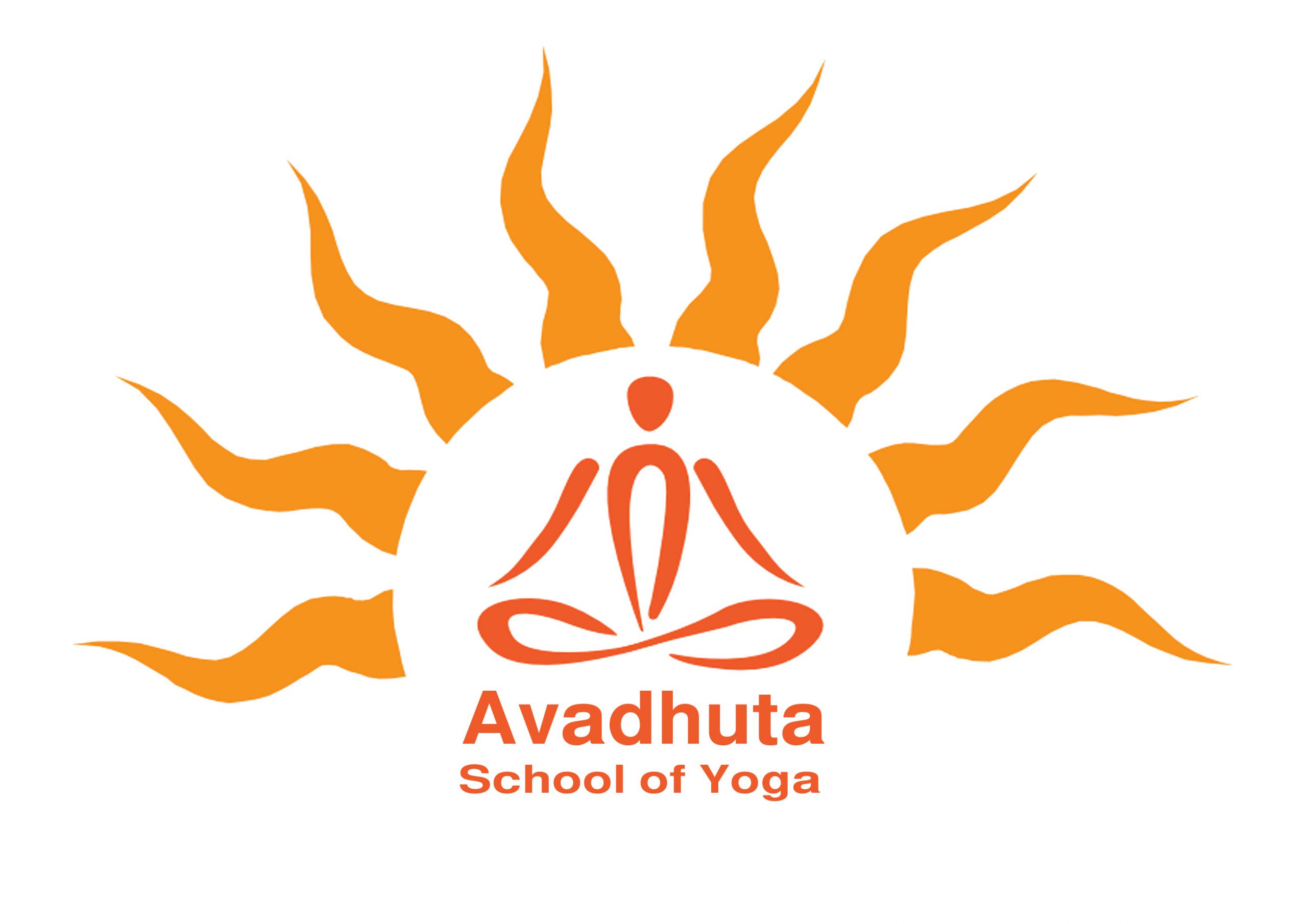How mental and physical fitness can be achieved through yoga?
Yoga is one of the most ancient sciences known to mankind which works its magic by synchronizing your mind, body, and soul. A lot of fitness programs are good, but the only missing element which is sadly also very necessary is, they work very little to not at all on bringing down your mental stress.
In our daily life, when the stress takes a toll, we can’t just stay stuck with something that gets us only half to our fitness goals. We need something that works on physical and mental levels too. And that’s where yoga comes in. In this blog, you will explore how you can achieve mental as well as physical fitness through yoga.
How does yoga provide you an all-inclusive approach to fitness?
Yoga is an experience. It is more than just exercise and it aims at becoming a way of living a good and healthy life. It is a lifestyle that follows many benefits and blesses you with physical fitness and a strong mind. Although you are very much aware of the physical practice of Yoga, we will reveal some of the other principles of yoga that will help you understand its wholesome effects.
Yoga and Mental Health
Depression
When it comes to yoga the first thing you will imagine yourself doing is meditation. Meditation is a wondrous tool that aims at controlling your breathing pattern. As a first step into the world of the yogic science, optimizing your breathing is taught, which has been scientifically proven to bring down mental health issues such as depression, fatigue, and stress. Its positive effects can also be found in bringing down the symptoms of ADHD in kids.
Anxiety Disorder
Also, in systematic reviewing, the effects of yoga on anxiety and anxiety disorder can be found. Patients put under a meditation therapy for anxiety disorder were cited to have beneficial effects in favor of yoga intervention. Particularly with passive controls, the results were amazing. Surprisingly, patients had a much better relaxation response than the patients that were not doing yoga and were prescribed with standard drugs.
Stress
As an alternative treatment method, yoga can be as effective as cognitive behavioral instruments used to bring down the effects of stress in a person. Certain poses/ asanas in yoga help people achieve relaxation and when done consistently the measure of stress comes down.
Also, there is scientific evidence present today where yoga has been found effective in releasing posttraumatic stress. In the case of PTSD, in a total of seven articles have been reviewed, where PTSD patients exposed to natural disasters, terrorism and combat, and loss where prescribed yoga intervention for six months. It was found that Yoga can play a big role in managing the symptoms of PTSD and in the long-term minimize its effect.
Yoga and Physical Fitness
Sympathetic and Parasympathetic activation
Improving physical functioning can positively affect your functional and cognitive capabilities. Having able to retain your physical fitness can also be beneficial for older adults to keep up with their daily routines. It brings out confidence and boosts your stamina all along to perform well mentally and physically in work and personal life. Yoga can help you in sympathetic and parasympathetic activation. It aims at the enhancement of cardiovagal function and shift in autonomic nervous system balance which reinstates sympathetic to parasympathetic. Simply put, yoga improves your sympathetic and parasympathetic nervous systems that are important in modulating other vital functions that include respiration and cardiac contractility.
Cardiovascular Endurance
Yoga was found helpful in improving the overall cardiovascular endurance of the younger population. People who were involved in months to years of yoga training had improved oxygen consumption, anaerobic threshold, blood lactate, and work output. It means, it can help improve physical fitness in adolescents and young adults as compared to other forms of exercise.
Blood Pressure and Hypertension
In a non-randomized clinical trial yoga was found to reduce systolic and/or diastolic pressure. In combination with changed lifestyle, improved dietary intake, yoga can be very beneficial for people suffering from blood pressure and hypertension.
Pulmonary Function
People suffering from bronchitis and any other pulmonary disease such as asthma can be benefitted by Yoga. Specific postures and breathing techniques, in combination with relaxation techniques, can help people in improving lung function. Also, it depends on the length of yoga practice and your condition. Most importantly, yoga has been found effective in improving peak expiratory flow rate, lowered medication use, and reduced asthma attack frequency.
Glucose Regulation
As surprising as it is, yoga and its benefits can be associated with insulin resistance syndrome. In a study including type2 diabetes patients, the researchers aimed at finding how yoga can help people manage type 2 diabetes. This included adults with cardiovascular diseases, healthy adults, adults with type 2 diabetes, and others. It was found out that people experienced significant improvement in their health post-yoga intervention.
Wrapping Up
We have listed out some of the most common problems in people, concerning mental and physical health and how yoga can help them manage it. As we said earlier, yoga is a lifestyle, the more you get into it, the more it works on improving your health on mental and physical levels. Most importantly, do not forget there is also a need for training when it comes to doing yoga. It is very deep, and it works only when done right.
Awaiting more scientific proofs, there are many studies in progress where scientists and researchers are finding new data each day on the effects of yoga in people with specific diseases like cancer and epilepsy. Also, other studies are going on concerning endocrine functioning, and Musculoskeletal health.
